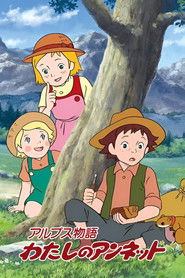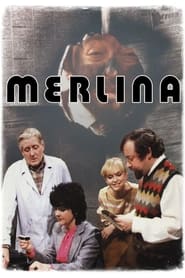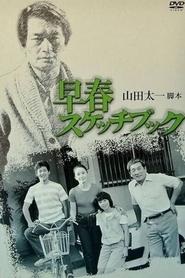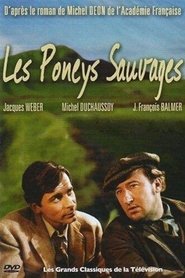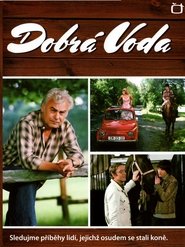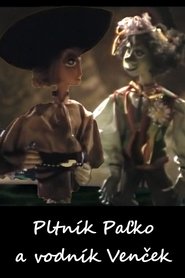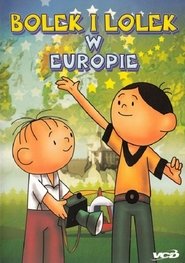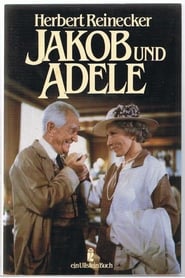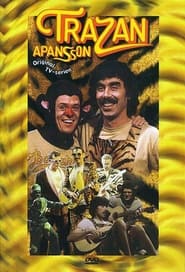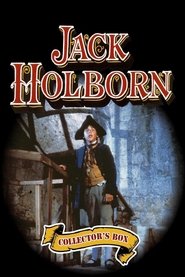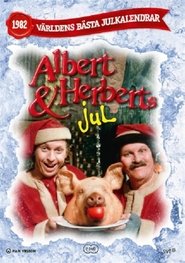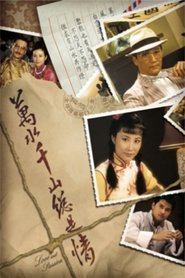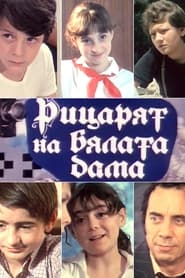New Family TV Series on Pantaflix - Page 406
-
Story of the Alps: My Annette
1983
star 5.2An anime series based on the children's book and set in the Swiss mountain village of Rossinière. -
Merlina
1983
-
Sketchbook of Early Spring
1983
star 8A home drama questions the modest happiness of the ordinary petty bourgeoisie through the life of a salaryman and his family. -
Captain Zep – Space Detective
1983
star 5.5Captain Zep – Space Detective is a British television children's series produced by the BBC between 1983 and 1984. Constructed as part drama and part quiz game, Captain Zep featured mysteries that would be solved by the child audience in the studio, along with a write-in competition for viewers. The child audience were dressed in futuristic clothes and had gelled hair. The series was also notable for its combination of live action and animation, where the cast would interact with drawn alien characters amidst drawn backgrounds. Paul Greenwood played the titular Captain Zep in the first series, to be replaced by Richard Morant for series two. Zep was assisted by Professor Spiro who was also replaced in series two by Professor Vana. The only cast member to appear in both series was Ben Ellison as Jason Brown. The theme tune "Captain Zep" was written by David Owen Smith and Paul Aitken and performed by The Spacewalkers. -
Les Poneys sauvages
1983
-
Dobrá Voda
1983
-
You're Lying, Melita
1983
You're Lying, Melita
1983
"You're lying, Melita" is a Croatian television miniseries from 1983. about a little girl who thinks there's nothing wrong with choosing not to tell the truth. Based on a short novel by Ivan Kušan. -
Jakob und Adele
1982
-
Bráškové
1982
Bráškové
1982
-
Trazan Apansson och Banarne
1982
star 5Trazan & Banarne was a Swedish children's television series which was broadcast first in late 1970s/early 1980s, 1st time was as "Jullovsmorgon" 1976/1977, in Sveriges Television. The title characters are played by Lasse Åberg and Klasse Möllberg. The title characters have recorded many songs together with the band Electric Banana Band. The TV series did also broadcast TV series as Lucky Luke. In early 2000s Trazan & Banarne released the CD-ROM game Speltajm. -
Drifter's Christmas Presents
1982
star 10A variety and comedy sketch program featuring The Drifters that was broadcast as a special program on Fuji Television and its affiliate stations during the Christmas season every December for seven years from 1982 to 1988. -
Jack Holborn
1982
-
Jack Holborn
1982
Jack Holborn
1982
star 8.2Jack Holborn was a 1982 ZDF Adventure TV mini-series. The story is based on the book by Leon Garfield. It was shown in the United Kingdom by ITV. -
Albert & Herberts julkalender
1982
Albert is obsessed with Christmas. The moment December begins, he pulls out all the holiday decorations from the attic. But his son Herbert doesn’t share the same festive spirit. Tired of Albert’s over-the-top enthusiasm, Herbert decides that this year, they’ll each celebrate Christmas their own way—separately. -
Love & Passion
1982
 Netflix
Netflix
 Amazon Prime Video
Amazon Prime Video
 Apple iTunes
Apple iTunes
 Apple TV Plus
Apple TV Plus
 Disney Plus
Disney Plus
 Google Play Movies
Google Play Movies
 Paramount Plus
Paramount Plus
 Hulu
Hulu
 HBO Max
HBO Max
 YouTube
YouTube
 fuboTV
fuboTV
 Peacock
Peacock
 Peacock Premium
Peacock Premium
 Amazon Video
Amazon Video
 The Roku Channel
The Roku Channel
 AMC+
AMC+
 Kocowa
Kocowa
 Hoopla
Hoopla
 The CW
The CW
 Vudu
Vudu
 Starz
Starz
 Showtime
Showtime
 PBS
PBS
 Pantaflix
Pantaflix
 FXNow
FXNow
 Tubi TV
Tubi TV
 Kanopy
Kanopy
 Comedy Central
Comedy Central
 Crunchyroll
Crunchyroll
 Microsoft Store
Microsoft Store
 Redbox
Redbox
 Sun Nxt
Sun Nxt
 ABC
ABC
 DIRECTV
DIRECTV
 Crackle
Crackle
 Fandor
Fandor
 Plex
Plex
